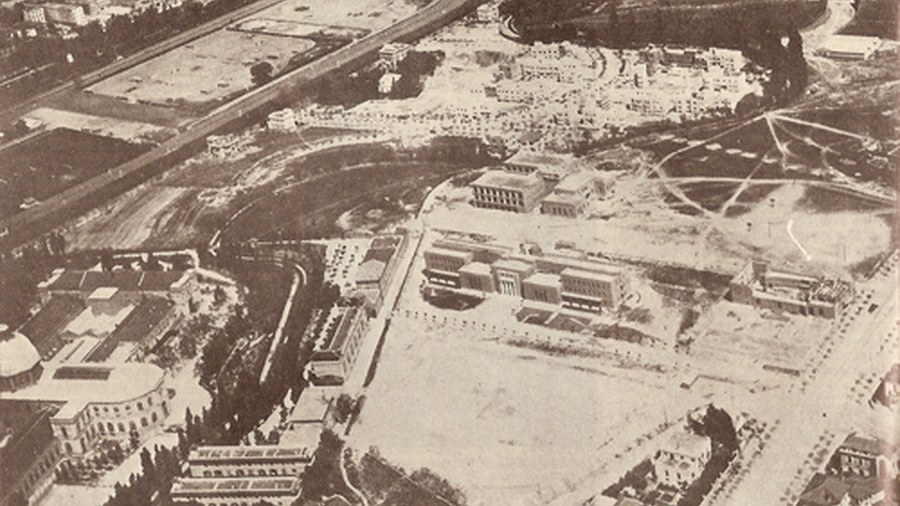JAE

The Junta para Ampliación de Estudios e Investigaciones Científicas (Council for the Extension of Scientific Studies and Research) was founded in Spain in 1907. This state body facilitated visits by Spanish lecturers and researchers to universities and research centres abroad and visits by foreign lecturers and researchers to Spain. It was the culmination of a long-held wish which had only barely been achieved before. The laboratories, study centres, research institutes and primary and secondary schools answerable to the Council were headed by the most prestigious scientists, professors and teachers Spain had known, and they were succeeded by worthy heirs. Regrettably, General Franco's uprising against the legitimate government of the Second Republic in 1936 cut short this golden age in Spanish science and culture. Einstein himself, who was always quick to support democracy when the occasion required, sent a message to the 1937 International Writers Conference in Spain in 1937, decrying the lukewarm attitude of "democratic countries", referring particularly to the United States, which had shown little enthusiasm in its support for the Spanish Republic. To the surprise of many, Ortega y Gasset, who was in voluntary exile, contested this manifesto in the journal The Nineteenth Century : "Some days ago, Albert Einstein felt he had the 'right' to give his opinion on the Spanish Civil War and to take a stance on it. Albert Einstein, however, displays a radical ignorance of events in Spain now, a century ago and always. The spirit that has led him to this insolent intervention is the same that for a long time has been resulting in the universal disrepute of the intellectual man, which in turn means that today the world is adrift, lacking in pouvoir spirituel ". It was certainly a surprising reaction to Einstein's support for the democratic republican cause, which Ortega himself had initially supported.
As a result of the growing internationalism of Spanish science, there were physicists, engineers and mathematicians who had good relations and contacts with their foreign counterparts, including Albert Einstein. As a result of his popularity and a curiosity to learn at first-hand how he had reached his daring theories, as well as his predictions for the future, in 1923 he was invited to make a short visit to Spain. Later on, in 1933, when he was being harassed by the Nazi regime, he was offered an extraordinary professorship in what would have been the Instituto Einstein.
